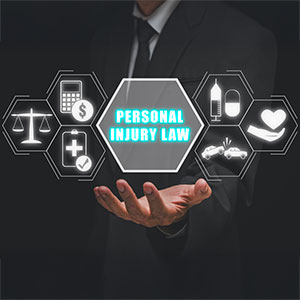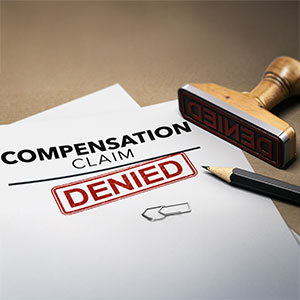Hotel Golf Cart Owes No Duty After Rider Disembarks
Personal InjuryIn the case of Curtis Luckman v. Alfred Harris Wills, et al., Case Number 3D19-453 (Fla. 3rd DCA July 29, 2020), Florida’s Third DCA held that a hotel operating a complimentary golf cart had no duty after the passenger voluntarily disembarked.
Facts of the Case
Luckman is the personal representative for Michael Ianniello who died after being injured by a car on US Highway 1 in the Florida Keys. Prior to being struck by a car (driven by Wills), Ianniello had taken a complimentary golf cart ride from the hotel where he was staying (Cheeca Lodge in Islamorada) to “The Trading Post” (a grocery store).
The hotel was not permitted to operate golf carts on roads, however, the hotel was permitted to use golf carts to cross Old Highway 1 and transport guests to a spot about 20 feet away from U.S. 1. The Trading Post was located on the other side of U.S. 1 and Ianiello was struck as a pedestrian while waiting to cross U.S. 1.
The hotel golf cart in this particular case stopped before U.S. 1 and the court ruled that the hotel owed no duty of care to Ianniello after voluntarily getting out of the golf cart. The Third DCA held that dropping off guests on the hotel’s side of the highway did not create a foreseeable zone of risk.
This was true even though the hotel provided complimentary transportation to a number of nearby tourist spots.
Liability for Transporting Guests
Obviously, an accident involving the golf cart itself would create liability. Although less obvious, a deficient or defective “mode of operation” could be said if there was a business relationship between the hotel and another business on the other side of the road. Under those circumstances, if the hotel is directing guests to those businesses across the road, then the hotel may be creating a foreseeable zone of risk and may need to either provide transportation or an adequate warning to guests of crossing the highway.
This would amount to a “negligent” mode of operation theory for the hotel.
Ask A Florida Personal Injury Whether You Have A Case
When it comes to your injury claim, the legal pathways may not be obvious and there are often key facts that can push a case one way or another. For instance, if a hotel employee had given testimony establishing regular referrals to the grocery store, then the outcome may have been different because regular referrals could be evidence of an ongoing business relationship, and hence, a mode of operation.
Call Russo Law to schedule your free consultation with a Florida personal injury lawyer.


